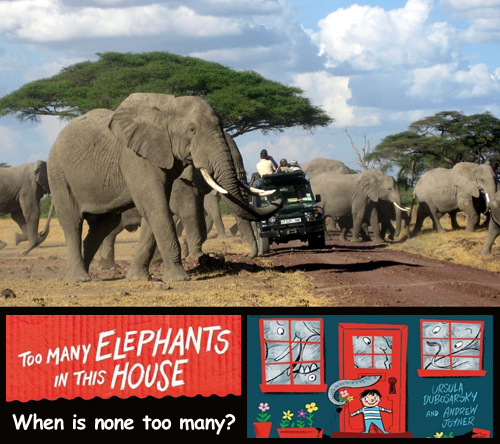 Zimbabwe has rejected an U.S./European entreaty not to sell 60 baby elephants to unnamed, likely disreputable buyers abroad.
Zimbabwe has rejected an U.S./European entreaty not to sell 60 baby elephants to unnamed, likely disreputable buyers abroad.
Just before Christmas the Zimbabwean Tourist & Natural Resource Minister said the country would sell the baby elephants, and he named China, U.A.E. and France as the destination countries.
The actual buyers, though, were not named. The outcry was immediate and resulted in a joint petition by the U.S. and the European Union to Zimbabwe to rescind the sale.
Separately, a worldwide petition drive continues to stop the sale. Click here to sign that petition.
There is nothing illegal in the sale, as the CITES convention which governs international commerce in elephants allows countries to relocate endangered animals to other places in the world provided due diligence is undertaken.
That “due diligence” is supposed to carefully assess the need for reducing the animal in the habitat from which it’s being taken, and equally with the capability of the buyer to humanely safeguard the animal.
All the above is in serious dispute in Zimbabwe, but there are no mechanisms within the CITES convention to monitor individual government determinations.
“We are sure there are 25,000 elephants in the Hwange elephant Park,” Colin Gillies, of the Zimbabwe Wildlife and Environment Association, told South African reporters, whereas the Zim government has claimed from 50 to 75,000 elephant exist in the park.
There is nothing within CITES to mediate this dispute. 25,000 could suggest far less than capacity in Zimbabwe’s largest national park, whereas 75,000 would indeed be too many.
Zim’s action is brutal. The country is the most corrupt in sub-Saharan Africa, its national parks are a mere shadow of the greatness that existed before the current regime began 35 years ago, and I have little doubt there may, indeed, be too many elephants.
In poorly managed wildernesses, some animals literally take over. In war zones, for example like the DRC, you can find literally tens of thousands of hippo.
Moreover, southern African wildernesses require considerably more management than East African wildernesses, and one of the tools that has been used for decades are bore holes, wells.
Most of Hwange National Park’s elephants get their water from manmade and sustained water wells. The cost of drilling and maintaining is high and the current Zim regime has allowed a number of these wells to die.
In that regards, without working wells, there may indeed be too many elephant regardless that the figure might be as low as 25,000.
Elephant census are unreliable to begin with, virtually impossible in ravaged Zimbabwe. In other parts of sub-Saharan Africa I’ve argued there are too many elephants, and not scientifically but socially and politically.
It may seem odd from a conservation point of view to argue something from other than a scientific point of view, but the situation in Zimbabwe is a perfect if ironic validation of my reasoning.
Until the people in control of a society feel a need to conserve their natural resources, it simply won’t happen. In most other places in sub-Saharan Africa other than Zimbabwe, there are legitimate debates over the cost-benefit of elephants to local populations, and many of these are sophisticated conversations that include global responsibilities to preserving our biospheres.
But in Zimbabwe it’s been reduced to the roughly $35,000 per baby elephant that someone in the Zimbabwe government is going to pocket. That’s because Zim society has allowed this dictatorial corruption.
In Tanzania it’s more subtle corruption. In Kenya it’s a public movement to protect, against corruption.
Ultimately among those three countries, the elephant will survive and prosper in Kenya, its future is questionable in Tanzania, and elephant in Zimbabwe are on the skids right now.
Yet in all three countries a legitimate tension exists between man and elephant, a dynamic often overlooked by outside conservationists who become obsessed with the end-game.
There’s more to do, and the first move is the local citizen’s. Outsiders with noble concerns must nonetheless engage and respect these local concerns as paramount or nothing good will happen.